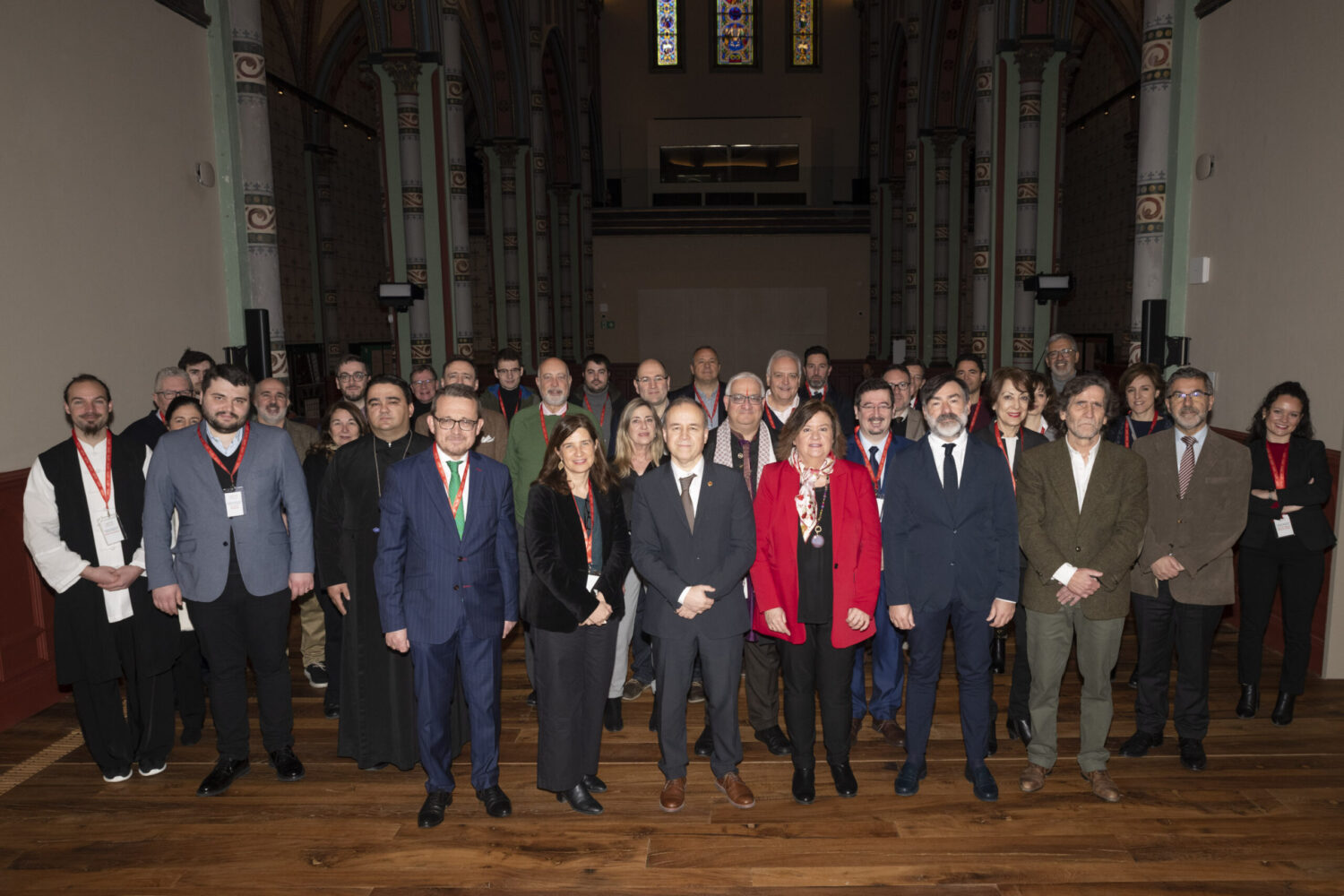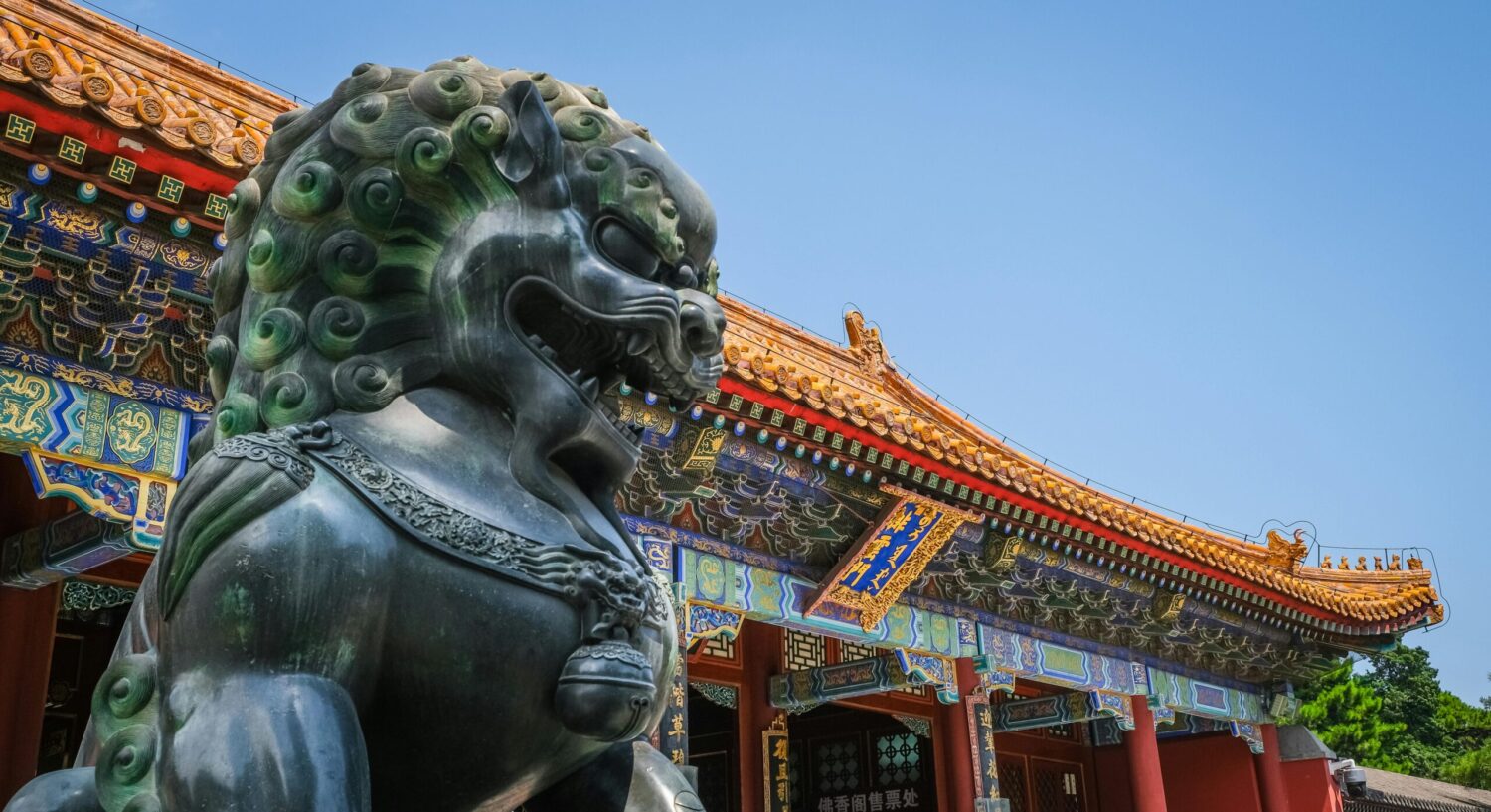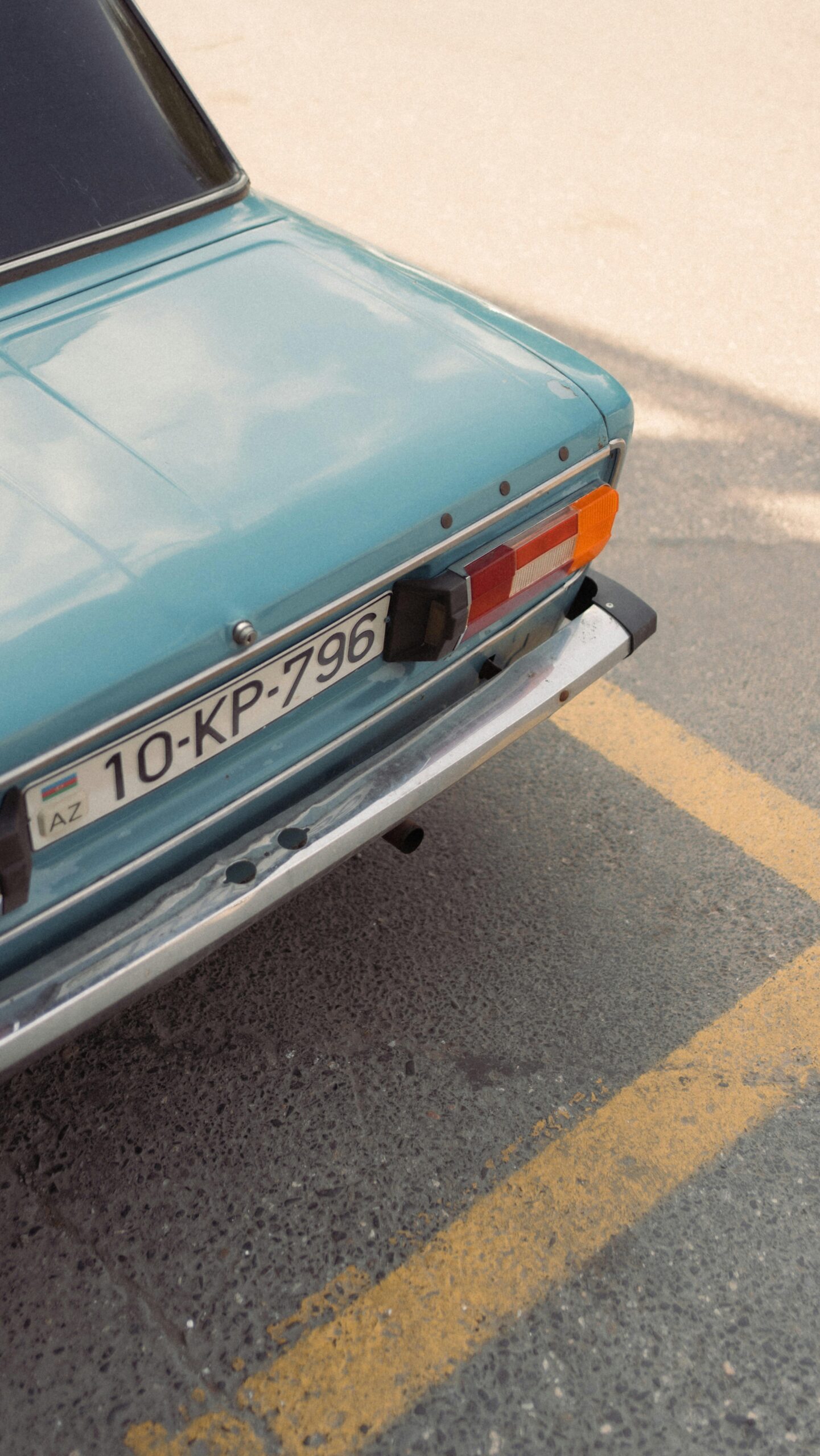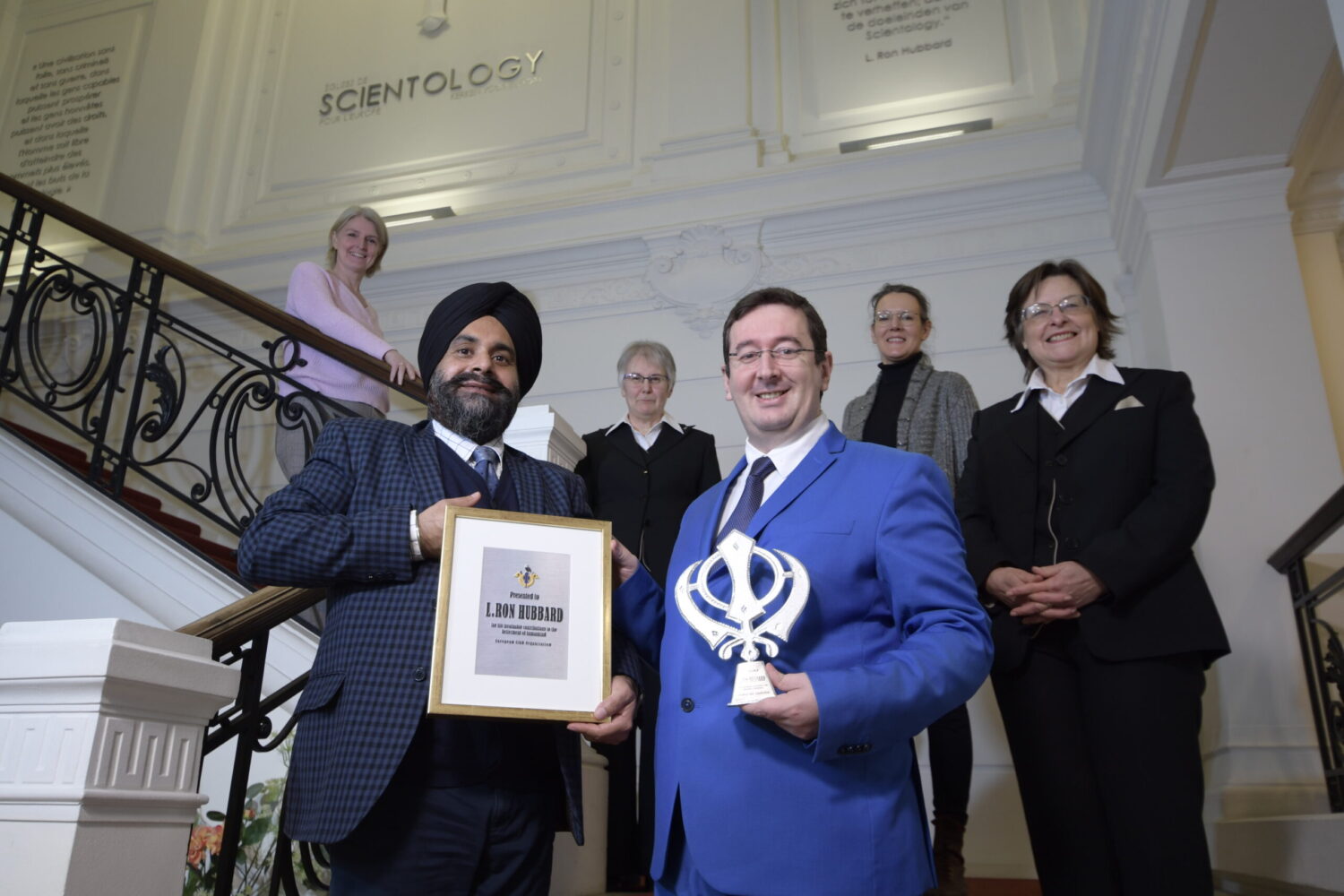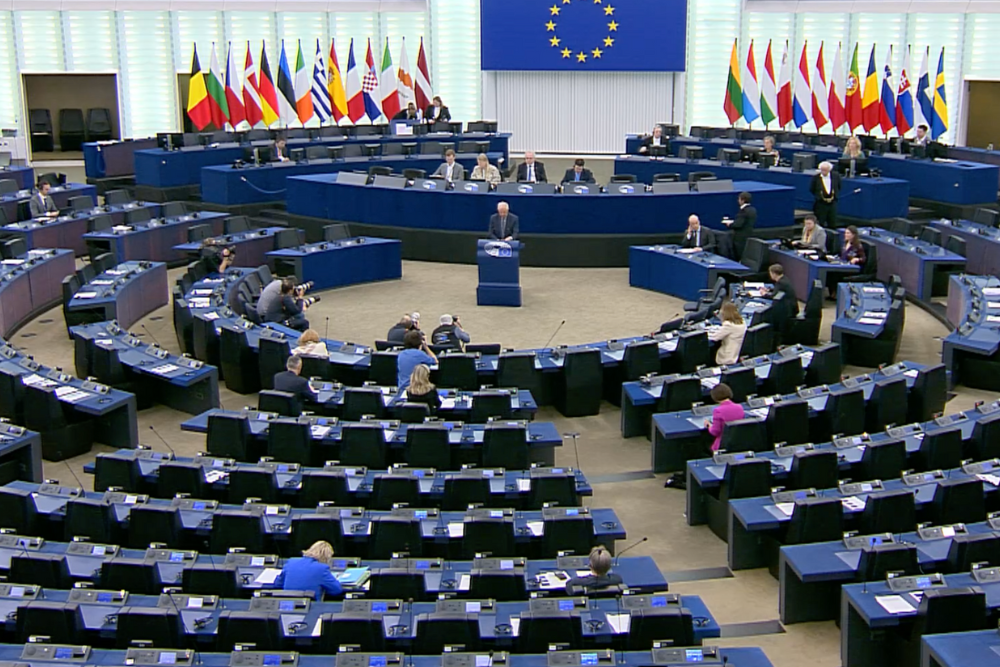The Security Council meeting adjourned at 5:32 PM. Describing the evidence of unspeakable violence she had witnessed against Israeli civilians, the top UN official on sexual violence in war said she was also “horrified by the injustice of women and children killed in Gaza” since 7 October.
HIGHLIGHTS
- Pramila Patten, the UN Secretary-General’s Special Representative on Sexual Violence in Conflict, refuted falsehoods, provided a snapshot of her recent report on Israel and the Occupied Palestinian Territory and delivered recommendations
- “There has been no attempt by the Secretary-General to silence my report or suppress its findings,” Ms. Patten said
- The Special Representative expressed her disappointment “that the immediate reaction to my report by some political actors was not to open inquiries into those alleged incidents, but rather to reject them outright via social media”
- “What I witnessed in Israel were scenes of unspeakable violence perpetrated with shocking brutality resulting in intense human suffering,” Ms. Patten said
- “We found clear and convincing information that sexual violence, including rape, sexualized torture, and cruel, inhuman and degrading treatment, has been committed against hostages, and we have reasonable grounds to believe that such violence may still be ongoing against those in captivity,” she said
- “What I witnessed in the occupied West Bank was a climate of intense fear and insecurity with women and men terrified and deeply disturbed over the ongoing tragedy in Gaza,” Ms. Patten said, adding that concerns had been raised over invasive body searches, unwanted touches, threats of rape against women and inappropriate and prolonged forced nudity among detainees
- For summaries of UN meetings, visit our colleagues at the UN Meetings Coverage in English and French
5:23 PM
Council silent on Hamas crimes for too long: Israel
Israel Katz, Foreign Minister of Israel, said that he had come to the Security Council to protest “as loud as I can” against the crimes against humanity that Hamas has committed to deter and scare the entire society of Israel.
“For too long the UN has been silent on Hamas actions,” he alleged, stating that the Organization had failed to condemn the group for its crimes.
Foreign Minister Israel Katz of Israel addresses the Security Council meeting on the situation in the Middle East, including the Palestinian question.
“The only one responsible for the crimes against humanity is Hamas,” he said, recalling the brutal attacks against Israeli civilians of 7 October and calling for Hamas to be declared a terrorist organization by ambassadors and face the heaviest sanctions possible.
He said that Hamas was not speaking on behalf of the Muslim world and that Israel is asking the Security Council to condemn the crimes it has committed which the militant group claimed in the name of the Muslim faith.
“I am demanding from the Security Council to put as much pressure on the Hamas organization to release immediately and unconditionally all kidnapped hostages” assumed to be in Gaza, he said, noting that they continue to face attacks and remain in grave danger.
“United Nations, please try your utmost to stop this living hell on Earth,” he added, thanking the nations that have supported and accepted Israel’s point of view.
5:00 PM
Palestine: ‘Stop this genocide’
Riyad Mansour, Permanent Observer for the Observer State of Palestine, said food and hope cannot be found in Gaza at the start of the holy month of Ramadan, with nothing to eat for suhur or for iftar, alongside an occupation-made humanitarian crisis that has left 9,000 women and 13,000 children dead and more than one million displaced, living in “inhumane conditions”.
Riyad Mansour, Permanent Observer of the State of Palestine to the United Nations, addresses the Security Council meeting on the situation in the Middle East, including the Palestinian question.
However, for decades, investigations on sexual assault against Palestinian women, men, girls and boys have not led the Security Council to convene a single meeting on the matter, he said, citing such evidence as the UN Children’s Fund (UNICEF) 2013 report on Israel’s ill treatment of detained Palestinian children and UN rights office (OHCHR) findings that since 7 October Israeli security forces’ arrests were “often accompanied by beating, ill-treatment and humiliation of Palestinian women and men, including acts of sexual assault such as kicking genitals and threats of rape”.
Expressing hope that today’s meeting marks a change in this attitude and that more attention will be shown by the Council in an unbiased manner, he raised several concerns about the latest report before the Council.
While Ms. Patten had not sought to gather information or verify allegations in the context of the Occupied Palestinian Territory in order not to duplicate the ongoing work of other UN entities in this regard, he said none of these groups were invited today to present their findings on sexual violence against Palestinians.
‘Let the facts speak’
Declaring his delegation’s full readiness to cooperate with OHCHR and the Independent International Commission of Inquiry to investigate all allegations, he expected the Security Council to demand that Israel do the same.
“Let the facts speak; let the law decide,” he said, noting Israel’s refusal to cooperate with any fact-finding mission or rights inquiry over the years in “its failed attempt to hide the truth”.
Indeed, Israel has resorted to lies and distortions many times before to justify the killing of Palestinians and their dispossession, helping to spread false stories knowing that irreparable harm would be done during the time it would take to refute them, he said.
In this vein, he pointed to the stories of “beheaded babies”, “Hamas headquarters under Al-Shifa Hospital” and another tale refuted in the Special Representative’s report as “unfounded”: the “highly publicized allegation of a pregnant woman whose womb had reportedly been ripped open before being killed, with her fetus stabbed while still inside her”.
“Shamefully, this was never about the Israeli victims; this was about justifying the atrocities that Israel intended to commit against Palestinian victims, and, for Israel, the truth is irrelevant in this pursuit,” he said.
Israeli impunity made Gaza genocide possible
Nothing justifies any violence against civilians, he said.
Israel has been killing, maiming, detaining Palestinians, destroying their homes and collectively punishing a nation, before and after 7 October, for 75 years now, he said.
“It is always the victim, even when it kills and destroys and steals, and not a single Israeli leader, not a single member of the Israeli occupation forces has ever been held accountable for any crime committed against the Palestinian people,” he said, emphasizing that this impunity is what made this genocide possible.
“It is time for a change, and that change starts by ending Israeli impunity,” he said. “I call on you again: stop this genocide.”
4:43 PM
Relentless assault on Palestinians: Algeria
Amar Bendjama, Ambassador and Permanent Representative of Algeria to the UN, said that the principled position of his country is that no man or woman, regardless of their nationality, religious or origin, should endure the horror of sexual violence.
“Such acts are clearly condemned by our religion, Islam, and those responsible must face severe consequences within the bounds of law,” he said, calling for an international independent investigation into allegations of all sexual violence in the region, as suggested by Special Representative Patten.
He went on to note that for decades, Palestinian women have borne the impact of a relentless assault, discrimination and unspeakable violence on numerous fronts.
“The Palestinian population, and specifically women, have been subjected to countless brutalities violating the very essence of their humanity and dignity,” he said. “This plight is however not a recent phenomenon; it has persisted throughout the enduring occupation and exacerbated by a deliberate policy of collective punishment.”
4:35 PM
US: Council must stamp out conflict-related sexual violence
US Ambassador Linda Thomas-Greenfield said that the Council has been silent about the 7 October atrocities, with some members viewing the evidence with scepticism.
“The evidence before us is damning and devastating,” she said. “The question now is how will we respond? Will the Council condemn Hamas’s sexual violence or will it stay silent?” she asked.
Ambassador Linda Thomas-Greenfield of the United States addresses the Security Council meeting on the situation in the Middle East, including the Palestinian question.
Turning to allegations in the West Bank, she said all parties must uphold international law, and, as a democracy, Israel must hold perpetrators accountable.
Hamas’s acts of sexual violence are ongoing, she continued, citing examples in the Special Representative’s report and calling for the release of all hostages.
The Council must call on Hamas to agree to the ceasefire deal “on the table”, she said. If Hamas actually cared about the Palestinian people, it would agree to this deal, which would bring in much-needed aid.
The US has put forward a resolution that would help to pave the way to a cessation of hostilities and towards a lasting peace. The draft will also do what the Council has yet failed to do: condemn Hamas, she stressed.
In the meantime, the Council must work together to stamp out conflict-related sexual violence, she said.
4:33 PM
Accountability essential: Ecuador
Ecuador’s Ambassador Jose De La Gasca said an immediate ceasefire was vital and in relation to the sexual violence report, Israel should allow a full United Nations investigation to take place.
He urged Israel to allow entry to the UN human rights office (OHCHR) and the independent investigative commission of inquiry.
“It is vital that there be accountability for these crimes whereby we guarantee that the offenders are investigated, tried and condemned.”
He said it was important to investigate all allegations of sexual violence in the West Bank, by settlers or the Israel forces.
“The value of human life and human dignity have been forgotten and this report clearly shows that.” He said Ecuador stands in solidarity with both Israel and Palestine. The violence must end.
4:10 PM
Russia: More information needed
Maria Zabolotskaya of the Russian Federation, briefs UN Security Council members on the situation in the Middle East, including the Palestinian question.
Russian representative Maria Zabolotskaya, recalling her delegation’s unequivocal condemnation of the October attacks, said these crimes, no matter how heinous, cannot be just to justify collective punishment of Palestinians in Gaza.
Welcoming efforts aimed at shedding light on the crimes committed during the Palestinian-Israeli conflict, she said the UN is not taking sufficient measures in this area nor does it have access to reliable information.
Moreover, she said, the Special Representative’s visit did not include a visit to Gaza, and it was unclear what kind of Israeli cooperation the report refers to. Indeed, the Council has only been given partial information.
Noting that Ms. Patten’s team was unable to meet victims of the sexual assault that took place during the tragic events of 7 October, she said the data was mainly received from the Government of Israel.
“Only after a comprehensive and objective study of the situation in its entire geographical extent will it be possible to draw any conclusions,” she said, adding that Russia categorically rejects attempts to manipulate the important issue of combating sexual violence in the conflict.
“We consider it unacceptable that the suffering of people who have experienced sexual violence or accusations of this serious crime become a ‘bargaining chip’ in political games,” she concluded.
4:02 PM
Mozambique: Intervention urgently needed
Domingos Estêvão Fernandes, Deputy Permanent Representative of Mozambique to the UN, said that the relentless violence between Israeli settlers and Palestinians in the Occupied West Bank, coupled with the bombardment in the Gaza Strip demanded the “immediate intervention” of the Security Council.
“All parties must fully respect international humanitarian law as rape and other forms of sexual violence constitute grave violations in armed conflict,” he said, strongly urging all parties to pursue a peaceful resolution and a cessation of hostilities during the scared month of Ramadan.
“We should all pause and reflect on whether our world needs further bloodshed and violence,” he added.
3:35 PM
France: Ceasefire needed now
French Ambassador Nicolas de Rivière said it is unacceptable that the Security Council and the General Assembly have not yet been able to clearly condemn the terrorist acts and violence, including sexual violence, committed by Hamas and other terrorist groups on 7 October.
France will continue to work so that the reality of the crimes committed that day is recognized and cannot be called into question, he said.
“We reiterate our call for the immediate and unconditional release of all hostages,” he continued, emphasizing that international law is binding on all. It will be necessary to shed light on the allegations contained in the report about some forms of sexual violence against Palestinians.
At the start of Ramadan, and while no agreement has been reached on a cessation of hostilities, France reiterates its call for an immediate and lasting ceasefire in order to allow the delivery of humanitarian aid and the protection of civilians, he said, stating that the lack of sufficient access to those in need is unjustifiable and indefensible.
3:29 PM
Civilians terrorized: UK
Lord Tariq Ahmad, the UK Minister of State for the Middle East, said that it is a tragic fact that sexual violence is used to terrorize civilians, shattering lives and leaving brutal and lifelong scars on victims, their families and communities.
He voiced “deep concern” over Special Representative Patten’s findings, including “reasonable grounds” to believe that sexual violence occurred in Israel on 7 October and the existence of “clear and convincing” information that sexual violence has been committed against hostages.
“It is deeply disturbing to know that ‘such violence may be ongoing against those still in captivity’,” he added, calling for the immediate, safe and unconditional release of all hostages.
United Kingdom’s Minister for the Middle East, Lord Tariq Ahmad, addresses the Security Council meeting on the situation in the Middle East, including the Palestinian question.
Lord Ahmad also expressed “deep shock” at the reports of sexual violence perpetrated by Israeli forces against Palestinian detainees, which are being investigated.
“I call on Israel to take immediate measures to prevent conflict-related sexual violence, to abide by international humanitarian law, to ensure thorough investigations into these reports, and for perpetrators to be held to account,” he added.
“Let me be absolutely clear – we, the United Kingdom, condemn conflict-related sexual violence unequivocally, wherever it occurs, and stand in solidarity with all victims and survivors,” he said.
“Put it simply, it must stop. Perpetrators must be held accountable. Survivors must receive holistic support,” he said.
In conclusion, Lord Ahmad said that justice delayed is justice denied, and that a two-State solution is the “only way” to achieve justice and security for both Israelis and Palestinians.
“The first step must be an immediate stop to the fighting leading to a permanent, sustainable ceasefire, the release of all hostages and vital humanitarian lifesaving aid delivered to Gaza. It is this solution that we seek,” he said, adding:
“We owe it to the legacy of every innocent civilian killed in Israel and across the Occupied Palestinian Territories to utilize every lever and channel we have in pursuit of this.”
3:10 PM
‘I saw the pain in their eyes’: Patten
UN Secretary-General’s Special Representative on Sexual Violence in Conflict, Pramila Patten, provided an overview of her mission to Israel and the West Bank, which was not investigative in nature, but aimed at gathering, analysing and verifying reports on conflict-related sexual violence.
Considering the ongoing hostilities, she did not request a visit to Gaza, where other UN entities are operation, with some monitoring sexual violence.
“There has been no attempt by the Secretary-General to silence my report or suppress its findings,” she said at the outset, emphasizing that her team, including nine UN experts, conducted the mission in accordance of independence and transparency.
Conclusions were based on the credibility and reliability of sources and assessing whether or not there was information sufficient to determine a finding of fact, she said, noting that in a number of cases, the team assessed that certain allegations were unfounded.
Pramila Patten, Special Representative of the Secretary-General on Sexual Violence in Conflict, briefs UN Security Council members on the situation in the Middle East, including the Palestinian question.
Israel visit
Her team conducted interviews with 34 individuals, including survivors of the 7 October attacks, visiting four sites of alleged attacks and review over 5,000 images and 50 hours of footage provided by authorities and independent sources. The team did not meet with survivors of sexual attacks, she said.
“What I witnessed in Israel, were scenes of unspeakable violence perpetrated with shocking brutality resulting in intense human suffering,” she said, recalling meeting with traumatized communities who are trying to pick up the pieces of their shattered lives.
“I saw the pain in their eyes,” she said, citing reports of people who had been shot, burned in their homes and killed by grenades alongside the abduction of hostages, mutilation of corpses and widespread looting. “It was a catalogue of the most extreme and inhumane forms of killing, torture and other horrors.”
Hostages in Gaza
“We found clear and convincing information that sexual violence, including rape, sexualized torture, and cruel, inhuman and degrading treatment has been committed against hostages and we have reasonable grounds to believe that such violence may still be ongoing against those in captivity,” she said, adding that this information does not legitimize further hostilities.
Instead, this creates “a moral imperative” for a humanitarian ceasefire to end the unspeakable suffering imposed on Palestinian civilians in Gaza and bring home the hostages, she said.
West Bank
On the visit to Ramallah, she said UN entities had already provided information that would be included in her report to the Council in April.
“What I witnessed in the occupied West Bank was a climate of intense fear and insecurity with women and men terrified and deeply disturbed over the ongoing tragedy in Gaza,” she said.
Interlocutors raised concerns of invasive body searches, unwanted touches, threats of rape against women and inappropriate and prolonged forced nudity among detainees, she said.
Raising these reports with Israeli authorities, who indicated its who provided her with some information regarding their protocols in place to prevent and address such instances and indicated their willingness to investigate any alleged breaches.
“In this regard, I wish to express my disappointment that the immediate reaction to my report by some political actors was not to open inquiries into those alleged incidents, but rather to reject them outright via social media,” she said.
“We must translate political resolve into operational responses, which are critical in the current context of unremitting violence,” she said.
Recommendations
The report makes a number of recommendations, including urging all parties to agree to a ceasefire and for Hamas to release all hostages.
“The implicated parties in these hostilities have turned a blind eye to international law,” she said, encouraging the Government of Israel to grant without further delay access to the Office of the High Commissioner for Human Rights and the Independent International Commission of Inquiry on the Occupied Palestinian Territory, and that Israel to carry out fully-fledged investigations into all alleged violations that occurred on 7 October.
Truth is the ‘only path to peace’
“Truth is the only path towards peace,” she said, also calling on relevant bodies to bring perpetrators to justice.
Nothing can justify the violence perpetrated by Hamas on 7 October nor the horrific collective punishment of the Palestinian people, she said.
“The end goal of my mandate is a world without war,” she said. “Civilians and their families in Israel and the Occupied Palestinian Territory cannot be abandoned by the international community. Survivors of sexual violence and persons at risk must be protected and supported. We cannot fail them.”
She said horror and heartache must be replaced with healing, humanity and hope.
“The credibility of the multilateral system depends on it, and the rules-based international order demands no less.”
3:06 PM
Ms. Patten is briefing ambassadors, and said the Council was meeting more than 150 days after the coordinated Hamas-led attack, the deadliest in Israeli history.
She also reminded that more than 30,000 Palestinians, mostly women and children, have perished in the aftermath of 7 October during the Israeli offensive, according to figures released by the health ministry in Gaza.
2:45 PM
Ms. Patten is expected to provide an overview of the report on sexual violence in the Occupied Palestinian Territory and Israel, which made headlines worldwide upon its release last week following a visit to the region from late January to mid-February.
According to the report, the Special Representative said that during the Hamas attacks on Israel in October, there are “reasonable grounds” to believe that incidents of sexual violence took place “in at least three locations”, including the Nova music festival.
Findings also showed hostages taken during the attacks faced “rape and sexualized torture and sexualized cruel, inhuman and degrading treatment and it also has reasonable grounds to believe that such violence may be ongoing” inside Gaza.
In the West Bank, her team heard “the views and concerns” of Palestinian counterparts over incidents “allegedly committed by Israeli security forces and settlers”. The report noted that stakeholders had “raised concerns about cruel, inhuman and degrading treatment of Palestinians in detention, including the increased use of various forms of sexual violence, namely invasive body searches, threats of rape and prolonged forced nudity”.
The meeting is taking place against the backdrop of rising hunger in Gaza, where aid deliveries have been blocked by Israel and the risk of famine is steadily mounting, as Israeli Defence Forces (IDF) military operations are planning a ground invasion in Rafah, the southern point of the besieged and bombarded enclave, where more than 1.5 million Gazans are seeking shelter from the fighting.





